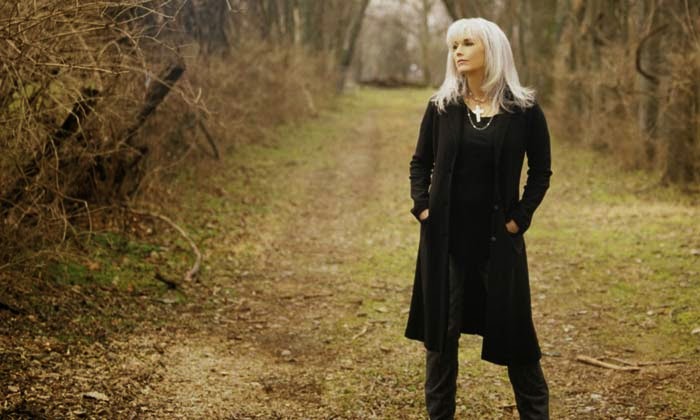Few artists can render a song with as much unaffected grace and sincerity as Emmylou Harris.
It’s a gift she’s conveyed time and again as an interpreter, covering Texas troubadours (Townes Van Zandt, Rodney Crowell) and Nashville traditionalists (Harlan Howard, Billy Sherrill) with equal conviction. And that authenticity highlights her extensive catalog, one which has not only challenged her audience throughout her singular career but has also expanded the vernacular — if not the very definition — of country music.
It’s only natural, then, that the same qualities she invests in other artists’ compositions would also inform her own sensibilities as a songwriter. Though not a role she’s undertaken too often, in the instances when she has put pen to paper — “Boulder to Birmingham” and “Michelangelo” come to mind — she’s shown that her relative lack of writing experience comes not from any lack of talent.
A compelling case in point is her new LP, Hard Bargain (Nonesuch Records), on which Harris penned nearly all of the songs and delivers them with the same deference as any definitive cover in her repertoire. “My Name Is Emmett Till” is harrowing, not just for what Harris recounts and reflects upon — in 1955, Till, a 14-year-old black boy, was savagely murdered in Mississippi after he’d been seen talking to a white woman — but also for the dignity with which she eulogizes the young victim and his enduring legacy.
Assuaging some of the more solemn observations are moments of rambunctious, rockabilly spunk (“New Orleans,” “Six White Cadillacs”) and bittersweet laments (“Goodnight Old World,” “Lonely Girl”), giving the album an overall-eclectic dimension.
Then there’s “The Road,” a poignant yet musically rugged requiem to Gram Parsons. Coming from anybody else, serenading the Flying Burrito Brother could seem like a means to exploit his legend. Harris knew the man, of course, and anyone who has mourned the death a loved one can empathize with her still-palpable grief, knowing that an hour of darkness is just a metaphor for a lifetime.




















